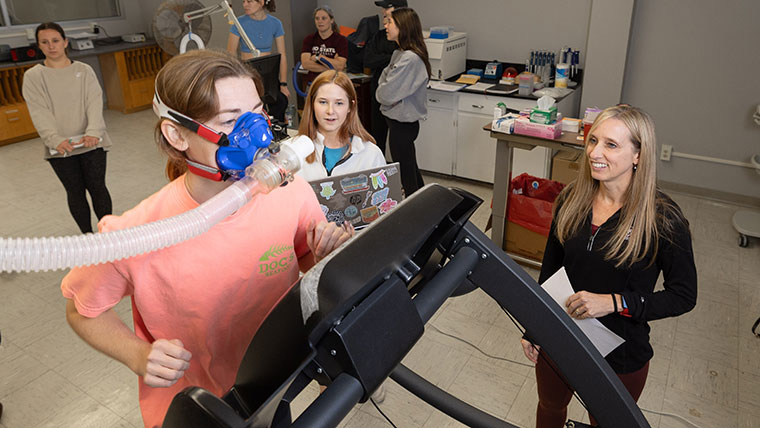Explore what you’re made of
Build a better understanding of the human body – its biological and chemical systems. Know how science applies to medicine.
Bridge the gap between science and health professions or human systems.
Have an edge in research, lab tech work or even medical sales.




